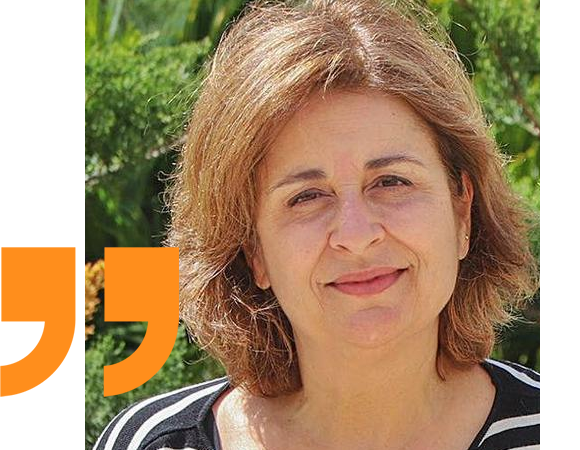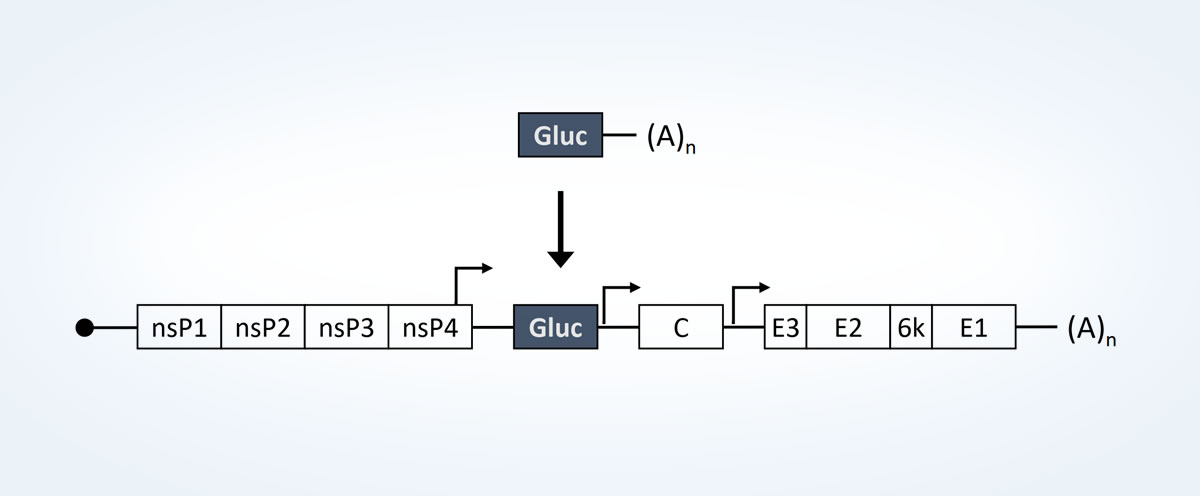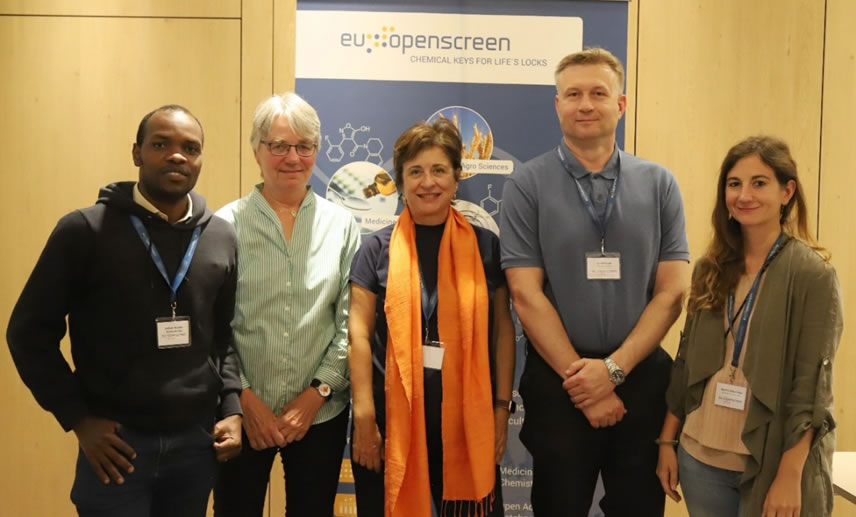Newsroom
User Story: Juana Diez, Pompeu Fabra University
Cooperation between Fabra University in Spain, HZI in Germany and Masaryk University in Czech Republic conducted a screening under BSL3 conditions with exceptional efficiency.

Collaborating with Prof. Ursula Bilitewski at HZI in Germany and Dr Kamil Paruch at MU in the Czech Republic as part of EU-OPENSCREEN was a truly rewarding experience on all fronts. It afforded us the unique opportunity to conduct a screening under BSL3 conditions with exceptional efficiency and to thoroughly characterise the identified compounds. These accomplishments would have been unattainable otherwise and have laid a strong foundation for an exciting future partnership.
Juana Diez
User:
Professor Juana Diez, Pompeu Fabra University, Spain
EU-OPENSCREEN screening partner site:
Prof. Dr. Ursula Bilitewski, Compound Profiling und Screening, Helmholtz Institute for Infectious Research (HZI), Germany
EU-OPENSCREEN medicinal chemistry partner site:
Prof. Kamil Paruch, Department of Chemistry, Masaryk University, Czech Republic
Collaboration with EU-OPENSCREEN
EU-OPENSCREEN-DRIVE user Prof. Juana Diez from the Virology Unit at the Pompeu Fabra University in Barcelona studies fundamental and translational aspects of the biology of pathogenic viruses, as emerging viruses are still a major threat to human health. From these, the Chikungunya (CHIKV) arbovirus is of special importance due to its increasing incidence (1). In recent years, the mosquito responsible for the spread of this infection (Aedes albopiclus) has spread from Asia to America and Europe, and CHIKV outbreaks are now recurrent outside the original geographic area. Currently there are no approved therapeutics to prevent or treat its infection; Juana’s research therefore focuses on the development of effective antiviral treatments.
A CHIKV screening assay based on a luciferase-expressing recombinant virus was established at Juana’s institute and transferred to the Department of Chemical Biology at the HZI, headed by Prof. Dr Mark Brönstrup. Under the supervision of Prof. Ursula Bilitewski, the protocol was adapted to the screening facility in their BSL3 laboratory, where the 100,000 small molecules of the European Chemical Biology Library (ECBL) were screened.

One of the compounds discovered in the screening campaign exhibited notable anti-CHIKV activity and was subjected to detailed characterisation. This compound displayed an excellent selectivity index (SI) profile and was proven to inhibit the translation of the CHIKV RNA genome, a critical stage in the virus's life cycle. The EU-OPENSCREEN chemistry site MU, headed by Prof. Kamil Paruch, focussed on the resynthesis of the hit from the HTS campaign and exploration of early SAR around the hit. In the past year, 14 analogues were synthesised to pinpoint the active part of the molecule. Iterative re-screening of compounds in relevant biological assays was further supported by the screening group at HZI. Two of the newly prepared analogues were comparably or more active than the original hit. At the HZI, the compounds will also be characterised with respect to ADME properties, so that chemical optimisation could lead to novel small molecules with improved antiviral activity and good pharmacokinetic properties.
(1) Li Cai, Xinyi Hu, Shuang Liu, Lei Wang, Hao Lu, Hua Tu, Xibao Huang and Yeqing Tong, The research progress of Chikungunya Fever, Frontiers in Public Health (2023).DOI 10.3389/fpubh.2022.1095549
